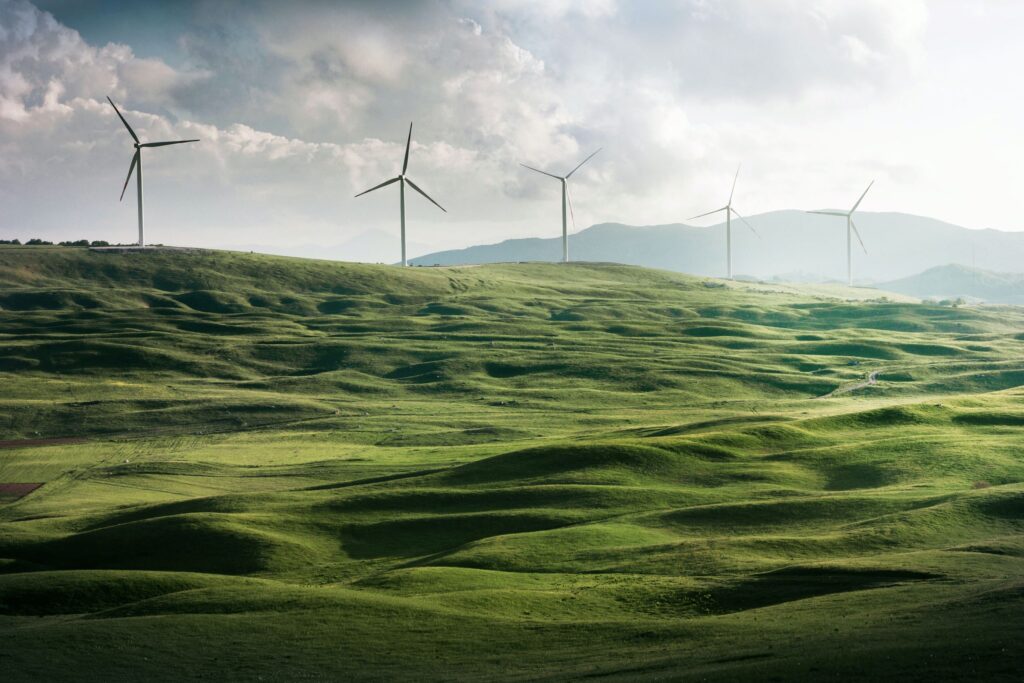Posts Tagged ‘Climate crisis’
Building For Climate Change
As a group of professional engineers, Engineers for Social Responsibility (ESR) strongly endorse MBIE’s commitment to meet the government’s Carbon Zero targets by 2050, and the implementation of changes to our Building Consent regulations that will improve operational efficiency and reduce lifecycle carbon emissions from New Zealand’s building stock.
Read MoreGetting New Zealand Moving
We endorse the crucial role of the Climate Change Commission in informing government policy, and the principles for investment outlined in their letter dated 7 April, 2020. To complement this advice, we would also like to draw your attention to the following risks and opportunities.
Read MoreCarbon Dynamics in New Zealand’s Native Forests
Native forests play an important role in storing and sequestering carbon in the New Zealand landscape. They do not sequester carbon as quickly as pine forests but can provide significant carbon stores and sinks, as well as a range of other benefits.
Read MoreSubmission On The Zero Carbon Bill
The Zero Carbon Bill is a critically important piece of legislation for New Zealand. Even though the importance of controlling global warming has become increasingly clear and more widely understood over the past 30 years, to date we have not set meaningful targets to significantly reduce emissions and we have not had any mechanisms in place that seem to have had any significant effect on driving reductions in emissions. Hence our net emissions have just continued to increase through most of this period.
Read MoreClimate Change – New Zealand and International Responses
Despite the critical need to address climate change, caused primarily by increasing levels of carbon dioxide (CO2) in the atmosphere from the burning of fossil fuels, response has been slowed by pressure from vested interests, a focus by some governments on short-term political objectives and the difficulties of reaching effective international agreements. Some countries are already taking effective action though, and the urgent need for others to join them is becoming extremely clear.
Read MoreRenewable Energy
Renewable energy is energy derived directly or indirectly from sunlight, wind, rain, tidal flows and ranges, waves, and thermal energy stored in the oceans, which are naturally replenished over fairly brief periods of time. Geothermal energy is also regarded as renewable because of the extremely large amounts of heat available from the earth’s core. Major sources of renewable energy include hydro power, wind power, solar power, geothermal power and bioenergy. Moving rapidly to greater reliance on renewable energy in place of fossil fuels has become critically important because of the urgent need to control global warming by reducing carbon dioxide emissions to the atmosphere.
Read MoreNew Zealand’s Paris Target
New Zealand’s commitment under the Paris Agreement, as stated in our Nationally Determined Contribution (NDC) promises that “Emissions will be reduced to 30% below 2005 levels by 2030. The 2005 reference has been chosen for ease of comparability with other countries. This responsibility target corresponds to a reduction of 11% from 1990 levels.” We are comparing our net target emissions with our gross emissions in the base year. Using net emissions for both indicates that our emissions are increasing and not decreasing.
Read MoreWonky Carbon Accounting Hides NZ’s Feeble Paris Commitment
New Zealand’s commitment under the Paris Agreement, as stated in our Intended Nationally Determined Contribution (INDC) (1), which became our Nationally Determined Contribution (NDC) after we ratified the agreement in October 2016 (2), reads as follows:
Emissions will be reduced to 30% below 2005 levels by 2030. The 2005 reference has been chosen for ease of comparability with other countries. This responsibility target corresponds to a reduction of 11% from 1990 levels.
At face value, the above statement appears clear and understandable, but it is actually quite unclear because there are two accepted measures for emissions: gross or total emissions; and net emissions which are total emissions less deductions allowed for land use, land-use change and forestry (LULUCF), which in our case relate mainly to carbon dioxide taken out of the atmosphere by trees. Neither the New Zealand INDC, nor the supplementary NDC documentation, state clearly whether we are using gross emissions, net emissions, a mix of these, or some other measure to define our Paris target.
Social Impacts of Climate Change
Climate change, combined with a number of factors including groundwater extraction and other pressures from population increases, is already impacting people who live in areas vulnerable to sea level rise, drought, or ice melt, many of whom are poor.
Read More





